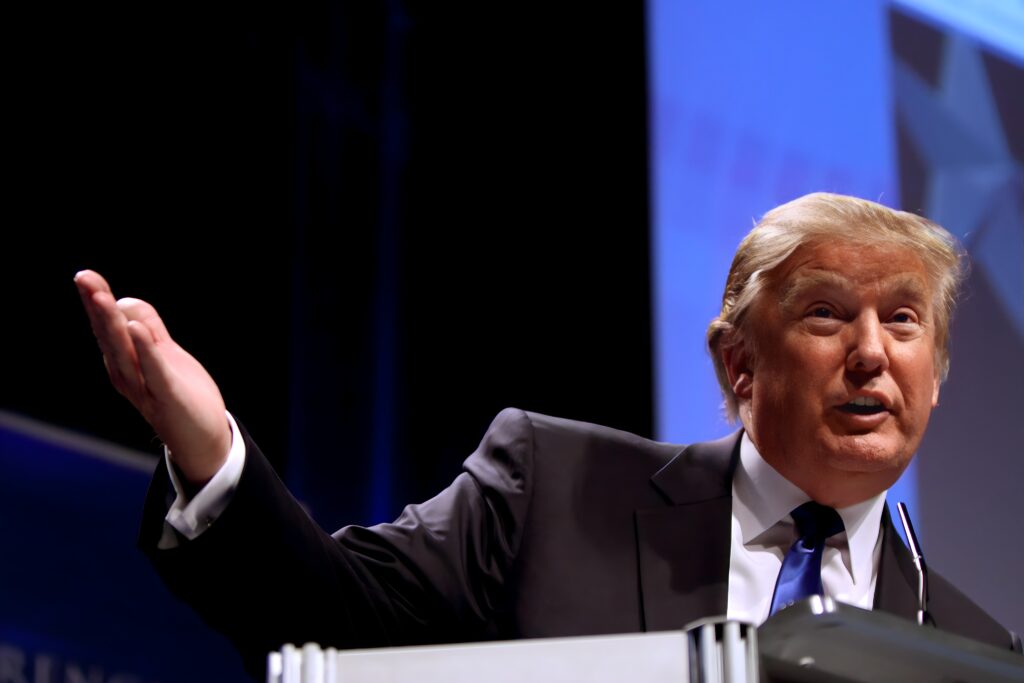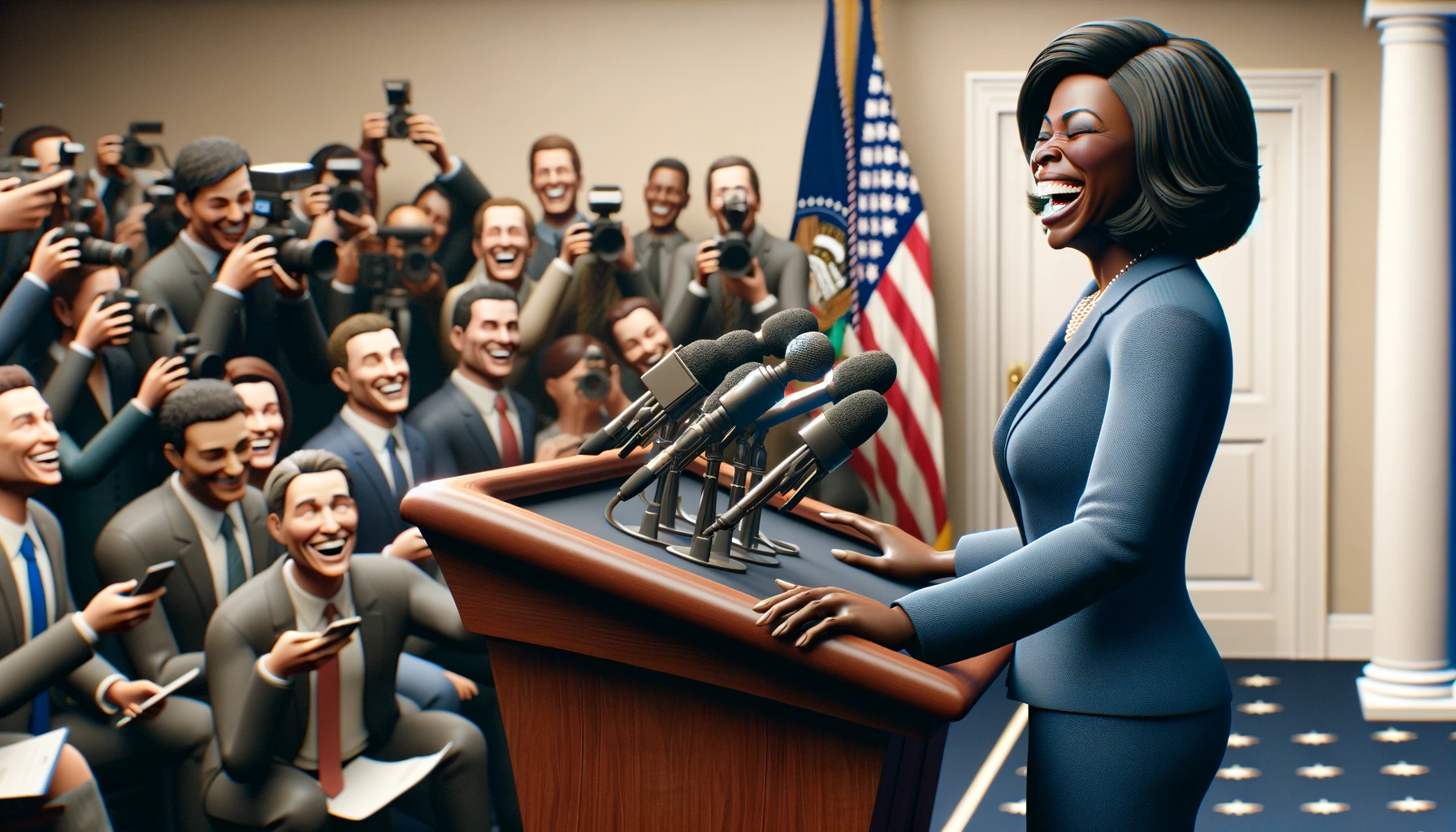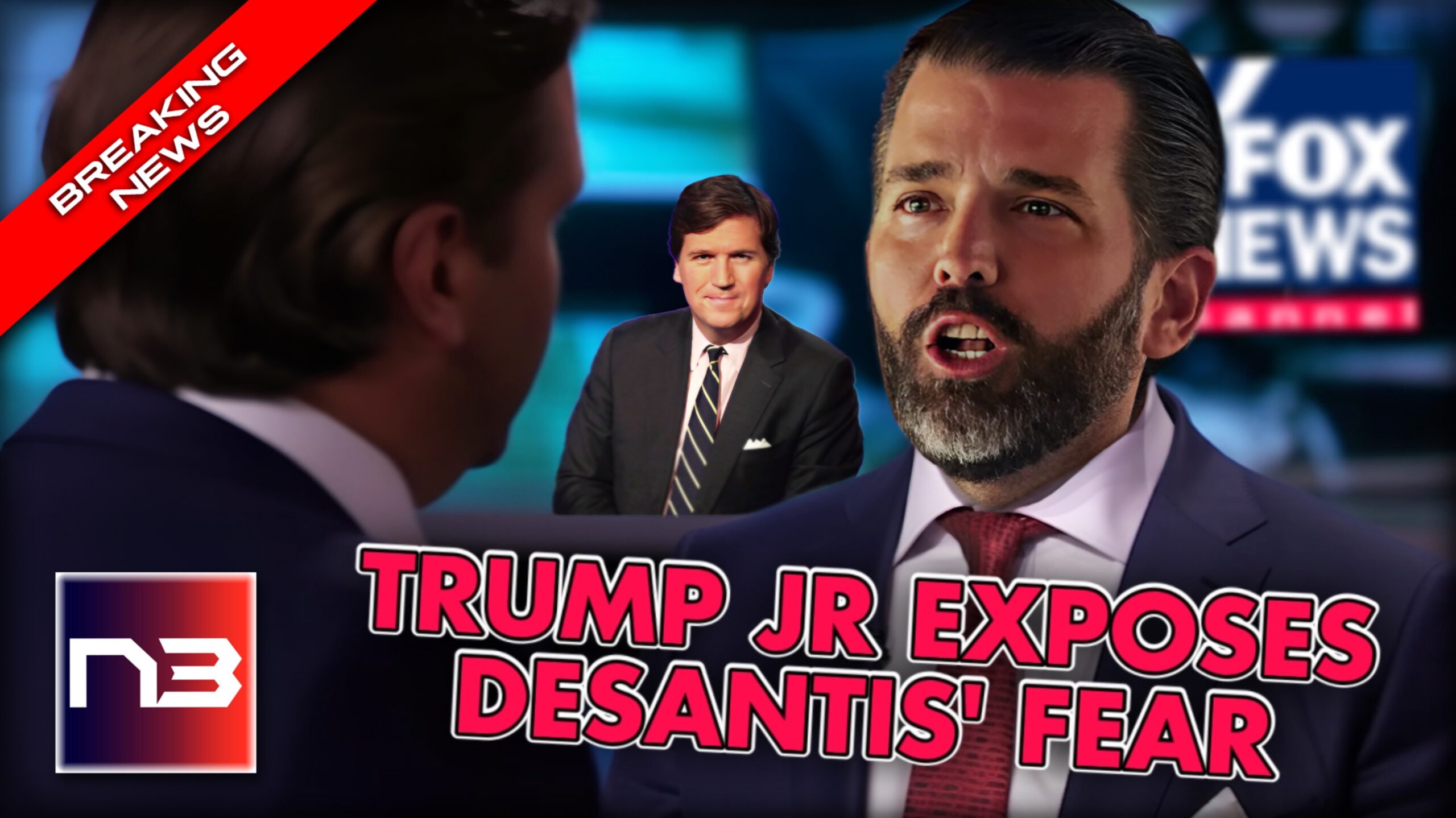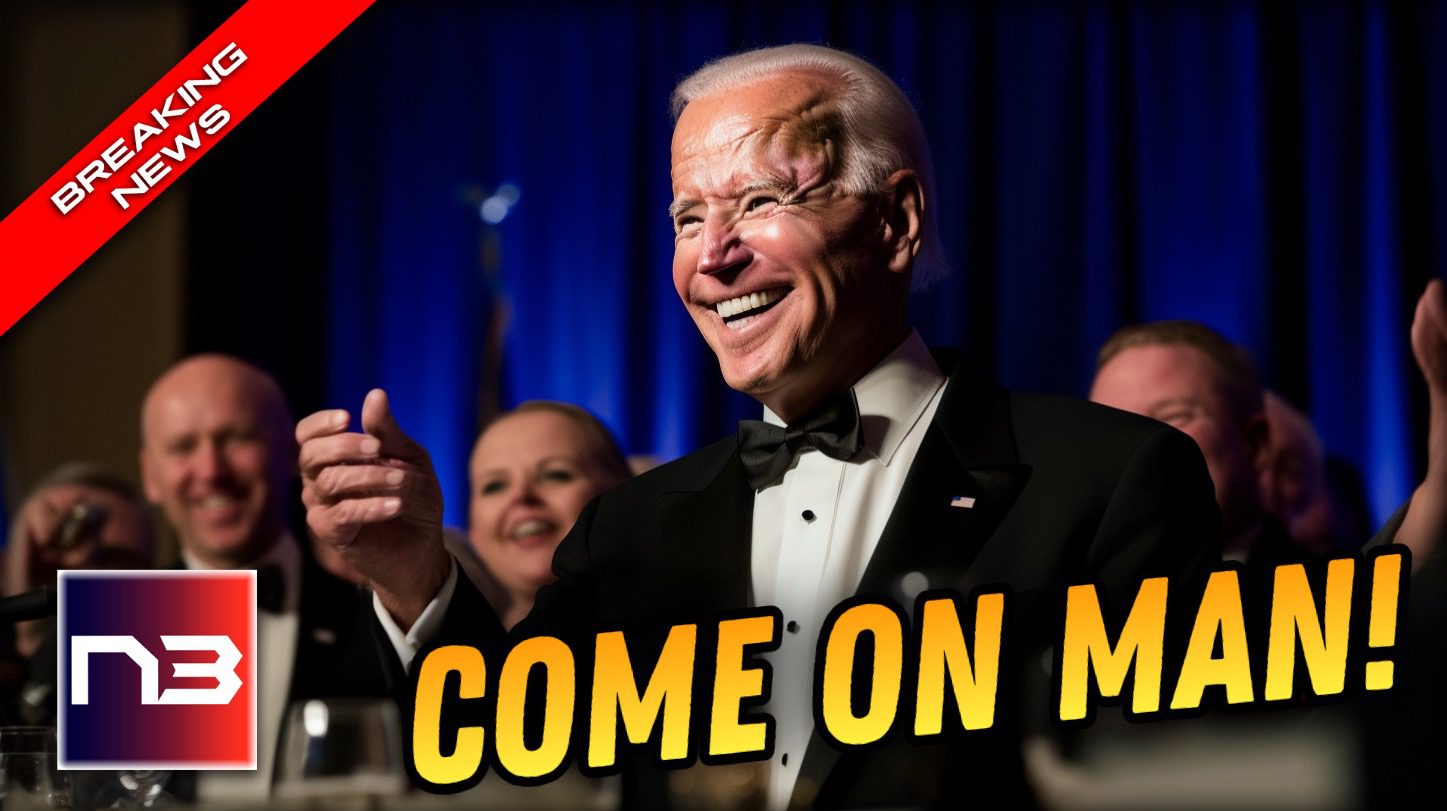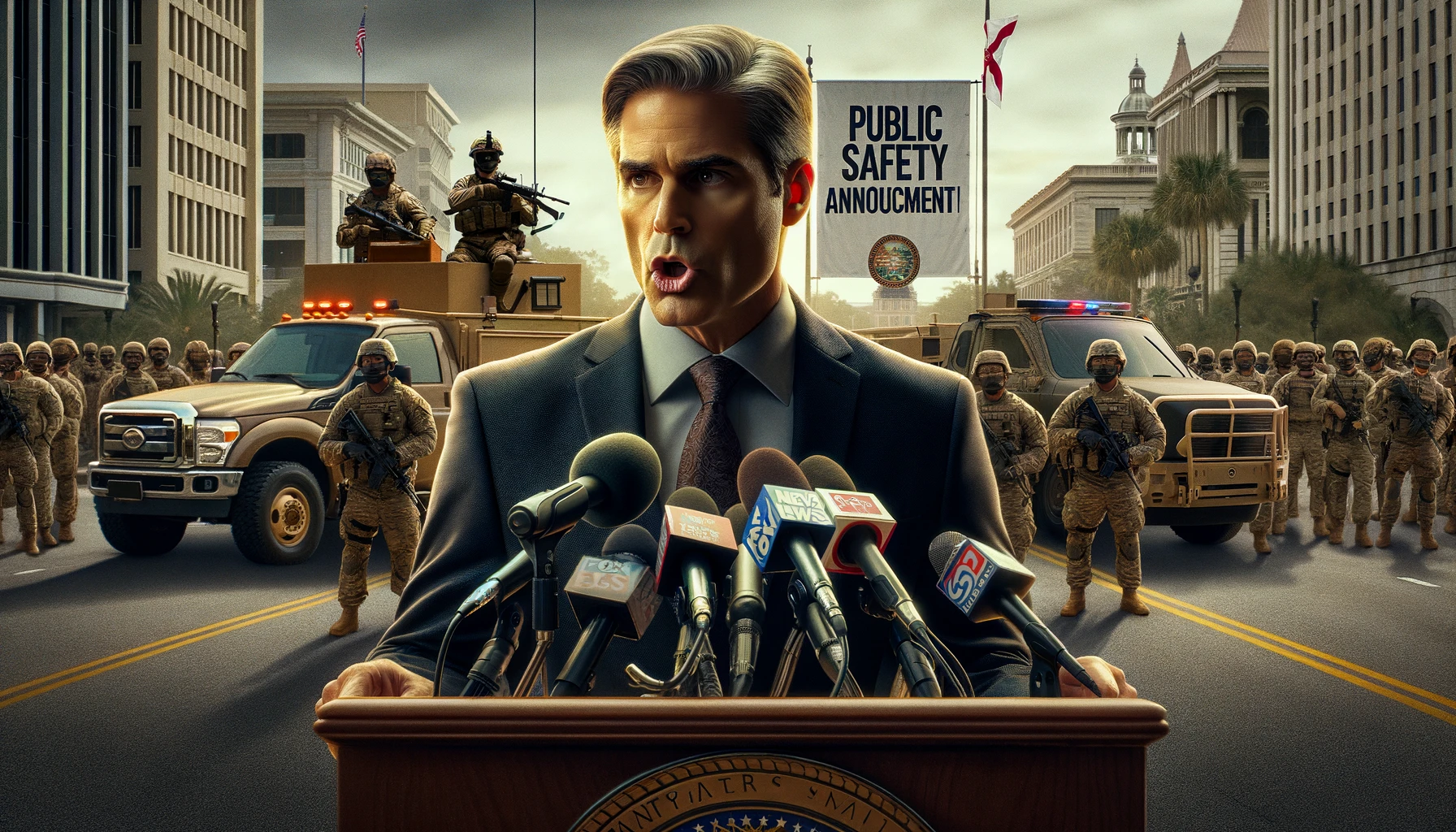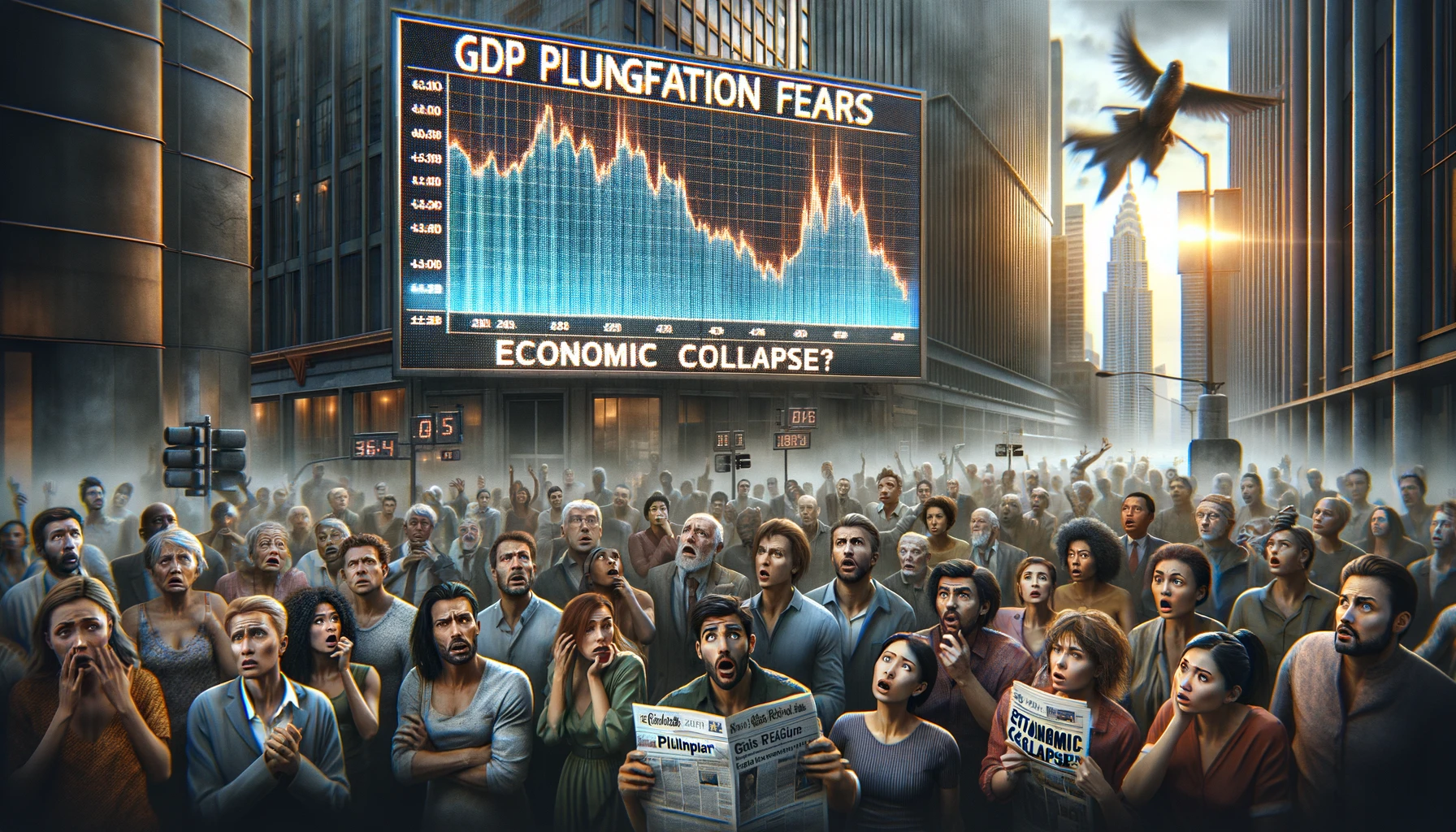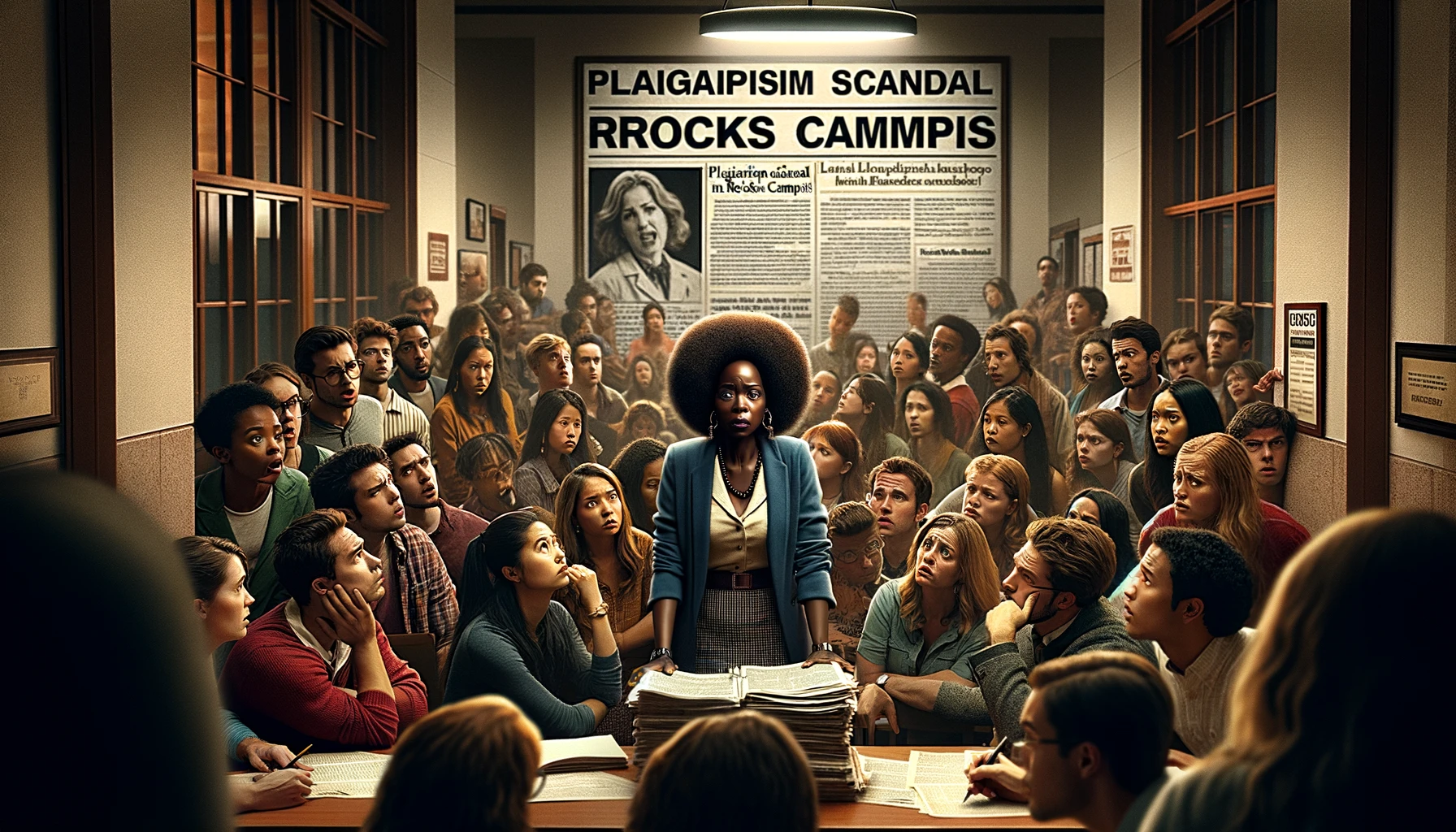In a seismic shakeup of political expectations, former President Donald Trump could potentially sidestep the early Republican primary debates. His top advisor, Jason Miller, divulged this startling hint during a recent interview. “Trump has indicated his unlikely participation,” Miller asserted, leaving the political landscape buzzing with speculation. The 45th president’s non-committal response has left everyone guessing. Is this a strategy for preserving his dominating lead or a move that could alienate his supporters? An insightful exploration of this situation may reveal the answer, as we dissect this audacious play of political chess by Trump.
Trump’s unorthodox approach to the presidential race is nothing new. He has always chosen his path, rarely beholden to traditional political norms, and this potential debate absence seems to fall into the same pattern. However, the big question remains: what is the logic behind such a choice?
Miller’s explanation provides a glimpse into Trump’s potential strategy. The president’s team considers it unnecessary for Trump to share a stage with competitors trailing far behind in the polls. From this standpoint, Trump’s potential absence might be seen as an assertion of his strong lead, underlining the distance between him and the rest of the GOP field.
Undoubtedly, Trump’s decision hinges on his unrivaled popularity within the Republican base. The latest polls show Trump holding a double-digit lead over Florida Governor Ron DeSantis, his closest competitor. All other contenders are polling in single digits, and Trump’s team seems confident in the former president’s standing among GOP voters.
DeSantis, despite trailing Trump, has confirmed his intention to participate in the debates, stating, “I’ll be there regardless.” He views the debates as an integral part of the election process, adding, “I look forward to being able to be on the stage and introducing our candidacy and our vision and our leadership to a wide audience.”
While DeSantis and other candidates may see the debates as an opportunity to close the gap, Trump’s campaign seems more focused on consolidating his current position than engaging in a public verbal spar. His lead offers him a certain comfort zone to adopt such a strategy, but it’s a risky gamble, as it could be seen as overconfidence or complacency.
But there’s more to this story. If Trump opts out of the debate, his team is reportedly considering an alternative event. Could this be a counter-programming move to draw attention away from the GOP debate, a tactic Trump has used in the past? If so, it’s a bold play that could either reinforce his dominance or backfire spectacularly.
Adding complexity to the situation, the Republican National Committee (RNC) is in charge of organizing the debates and has set up specific criteria for candidates to qualify for the stage. The contenders must meet both high donor and polling thresholds. Representatives from Trump and DeSantis’ campaigns, alongside other presidential campaigns such as Nikki Haley and Sen. Tim Scott, have confirmed meeting these thresholds. In fact, even biotech entrepreneur Vivek Ramaswamy has qualified.
Trump’s indication to skip the first debate, however, has stirred discontent among some contenders. Former New Jersey Governor Chris Christie, although polling at less than 1%, criticized Trump’s stance. Christie playfully chastised Trump’s unwillingness to “get up in front of Republican primary voters and defend his record,” emphasizing the importance of this process in democratic dialogue.
But what does this all mean for Trump’s campaign and the Republican Party? Trump’s potential absence from the debates could create an atmosphere of division within the GOP, leaving space for other candidates to seize the spotlight. Yet, it could also underline his political prowess, showcasing his confidence and his ability to dictate the terms of his campaign.
The implications are indeed multifaceted. Some supporters may see Trump’s decision as a bold statement of his superiority, while critics may argue it showcases a disregard for the traditional democratic process. With Trump’s participation still uncertain, speculation will continue to swirl, fueling interest in the GOP debates and, by extension, Trump’s campaign.
This complex chess move by Trump, although audacious, is typical of his unpredictable political style. While it has the potential to backfire, it could also cement his position as the GOP frontrunner, a role he has successfully maintained since his initial presidential run. As Trump’s team finalizes its decision, the political world watches, holding its breath for the outcome.
Whether Trump’s potential debate no-show is a strategic masterstroke or a miscalculated gambit, only time will reveal. Undeniably, it’s a bold move that captures the nation’s attention and keeps him firmly in the spotlight, even in his possible absence. The former president’s unconventional approach continues to rewrite the rules of political engagement. In the coming days, we’ll see how this decision influences his standing within the GOP and the wider electorate. As the political terrain shifts with every move in this high-stakes game, one thing remains certain: Trump continues to be the most talked-about figure in American politics.
